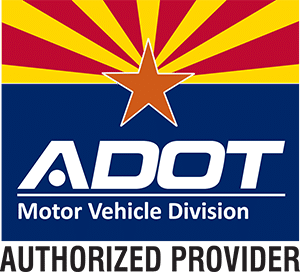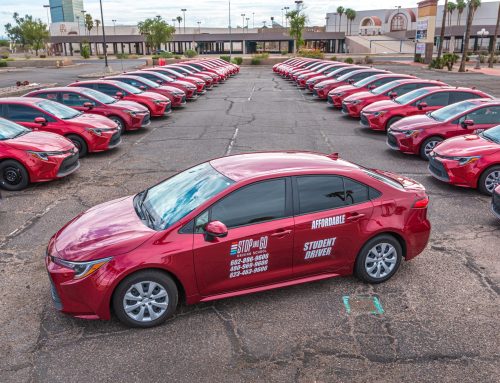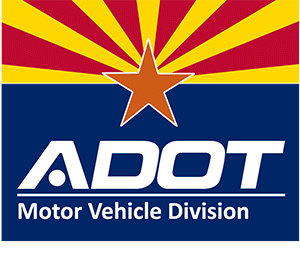What is Impaired Driving? It’s Not Just About Alcohol
It’s a topic that needs to be talked about year round, but it’s particularly pertinent this time of year. We’re referring to impaired driving, and the holiday season is the deadliest season when it comes to driving under the influence.
What exactly is meant by impaired driving? It’s driving under the influence of any substance (including both drugs and alcohol) that alters your judgment, response time and other driving abilities. Here’s a closer look at what this means and what you can do.
Driving impaired means driving under the influence of alcohol.
Alcohol-related crashes result in an average of one death every 50 minutes, and more than one-third of fatal motor vehicle crashes involve a driver who has consumed alcohol. Some people claim that a little alcohol won’t affect their driving, but a blood alcohol concentration (BAC) of .02 (less than one 1.5 ounce serving of liquor or a 5-ounce glass of wine) causes a decline in visual functions and the ability to multitask, and a BAC of .05 increases crash risk by seven times.
Alcohol has a number of effects on the brain: increased drowsiness, reduced concentration, lack of coordination, and decreased reaction time, making operating a vehicle impossible to do safely when under the influence of even just a small amount of alcohol.
Driving impaired means drug-impaired driving.
The problem of drugged driving (under the influence of drugs such as marijuana, other illicit drugs, prescription opioids or other prescription drugs) continues to increase, especially with the legalization of marijuana. Recent studies have shown that the message “Don’t Drug and Drive” is every bit as critical as “Don’t Drink and Drive.”
For example, a 2019-2020 study funded by the National Highway and Traffic Safety Administration found that there had been a significant increase (from 50.8% to 64.7%) in the prevalence of drugs detected in blood among seriously and fatally injured drivers, and that more drivers have tested positive for active THC than alcohol. It also found that the proportion of drivers testing positive for opioids nearly doubled.
The legal consequences of impaired driving in Arizona
Drunk driving and drugged driving come with hefty consequences here in Arizona and elsewhere.
The State of Arizona has what’s known as the Implied Consent Law. Driving is seen as a privilege, and in order to receive that privilege, licensed drivers consent to being tested for blood alcohol concentration or drug content (BADC) if arrested while driving under the influence.
A test that reveals you’ve been operating a motor vehicle with an alcohol concentration of 0.08 percent or more subjects you to penalties on first and subsequent offenses. These include fines, possible jail time, and alcohol education and treatment, in addition to having your license revoked. You will also be required to equip your vehicle with an ignition interlock device.
What can you do?
Everyone — whether you drink, do drugs, or don’t — can play a role in keeping our roads safer. Here are just a few things that you can do.
- Designate a sober driver if you plan to party.
- Be a responsible host, and be proactive about keeping intoxicated and impaired guests off the roads.
- If you’re a parent of teens, have open and honest conversations about alcohol and drugs, and make sure that they know they can call you anywhere, anytime to pick them up, even if they’re intoxicated.
- Do what you can to prevent impaired friends and family members from getting behind the wheel.








